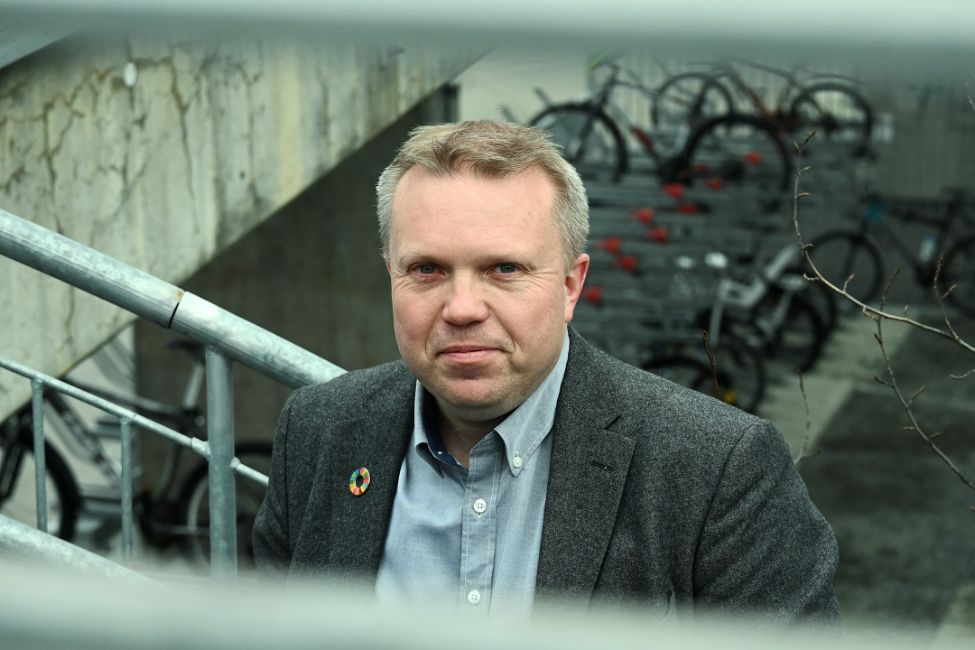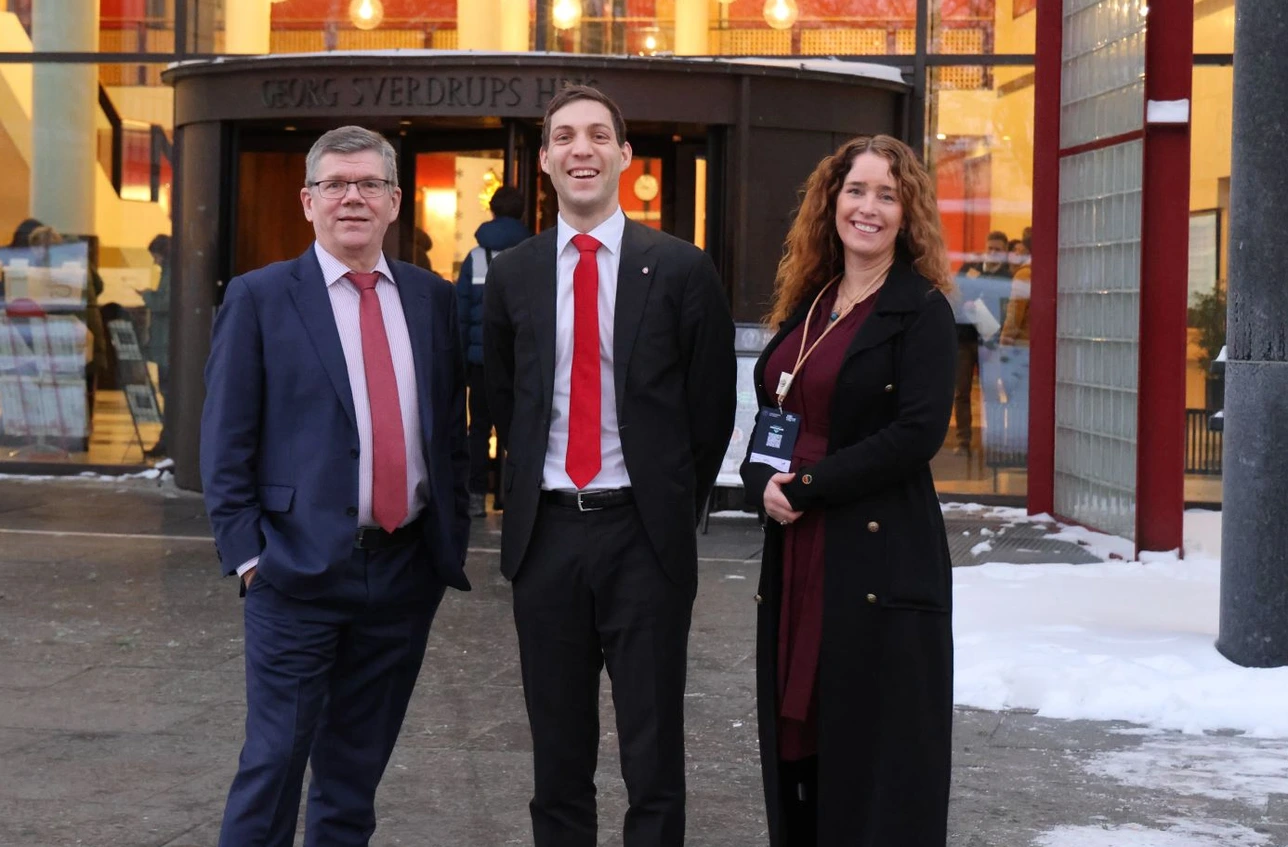Just a few days prior, the Norwegian Confederation of Trade Unions (LO) and the Confederation of Norwegian Enterprise (NHO) issued a joint warning: The sum of applications for increased electricity consumption made to Statnett – the operator of the Norwegian power system - indicates an upcoming demand about twice that of current production. The week leading up to the conference was marked by record cold temperatures and rising power prices in Southern Norway – serving yet another reminder of the challenges of ensuring sufficient, affordable, and sustainable power for both businesses and consumers.
Vebj?rn Bakken, director of the University of Oslo's interdisciplinary initiative UiO:Energy and Environment, believes these examples clearly show that we are by no means finished developing the power system of the future – neither in Norway nor elsewhere in the world – if we are to achieve our climate goals while ensuring a resilient power supply.
"The green and digital transformation is complex, and it also involves people and society, not just technology. Conferences like this are crucial for bringing together key stakeholders from research, industry, politics, and government for knowledge sharing and discussion," says Bakken.
The University of Oslo and Oslo Science City organized of the conference, in collaboration with SINTEF, the Norwegian Geotechnical Institute (NGI), the Institute for Energy Technology (IFE), and the City of Oslo.

Oslo leading the way
Governing mayor Eirik Lae Solberg opened the conference. He highlighted how the City of Oslo is building broad collaborations around climate transition measures, using the carbon capture facility at the waste incineration plant in Klemetsrud as an example.
"Oslo aims to lead to lead the way internationally as a city for green business development. Collaboration with the strong knowledge communities in Oslo Science City is an important asset," says Lae Solberg.
Lae Solberg was followed by Minister of Climate and the Environment, Andreas Bjelland Eriksen. The minister emphasized Norway’s rich history as an energy nation from which we can learn as we build the energy system of the future, while taking care to preserve our natural resources.
"Knowledge is the key to success," emphasized Bjelland Eriksen.
Four central challenges
The first day of the conference was organized around four central challenges:
-
Accelerating a Massive Scale-Up of Renewable Energy
-
Dealing with More Variability - Storage and Flexibility
-
Increasingly Complex Grids - Balancing and Optimizing
-
Building Systems for the People to Meet Societal Needs
These were examined and discussed by researchers, politicians, and leaders from both private and public sectors. Anne Maria Eikeset Norges Bank Investment Management (NBIM), along with Liviu ?tirb?? of the European Commission Directorate-General for Research and Innovation, Colin McKerracher of BloombergNEF, and Adel El Gammal of the European Energy Research Alliance, provided international perspectives on the major transformation happening in energy markets, policy, and research. Established industry, start-ups and researchers pitched concrete solutions for more efficient production, transmission, and storage of green energy.
"The green and digital transformation requires research and innovation across disciplines, sectors, and national borders. This is both the major societal challenge of our time and one of our greatest opportunities for knowledge-based business development. I am very pleased that this conference gathered such a wide range of actors with a strong willingness to develop new knowledge and ensure its implementation," says Christine Wergeland S?rbye, CEO of Oslo Science City.
The role of cities and Ukrainian reconstruction
Day 2 of the conference opened with a discussion of the central role of cities in developing and implementing green and digital energy solutions, with contributions from Oslo, Turku, and Utrecht. Head of the City of Oslo Climate Agency, Heidi S?rensen, highlighted three key measures to achieve the capital's climate goals: energy efficiency, increased green energy production, and energy flexibility.
“Oslo has a very ambitious climate goal. Our port, road transport, and construction sector are to be electrified, and this requires electric power. In order to provide the city's residents and businesses with sufficient electric power to manage the transition, it is important to improve energy efficiency and utilize existing grid capacity better. Digitalization plays a crucial role in this, says S?rensen.
The focus then shifted to the possibilities and challenges of rebuilding Ukraine's power system post-war, using green and digital solutions. Arne Mj?s, CEO of the IT company Itera and board member of the Norwegian-Ukrainian Chamber of Commerce, presented his insights on how Norway can and should contribute.
“Overall, these two days showed that the green and the digital are inseparably linked in the energy solutions of the future. This conference will become an annual event as part of a long-term strategic collaboration on the energy transition in Norway and the world,” says Vebj?rn Bakken.
Read the Norwegian version at Oslo Science City.
